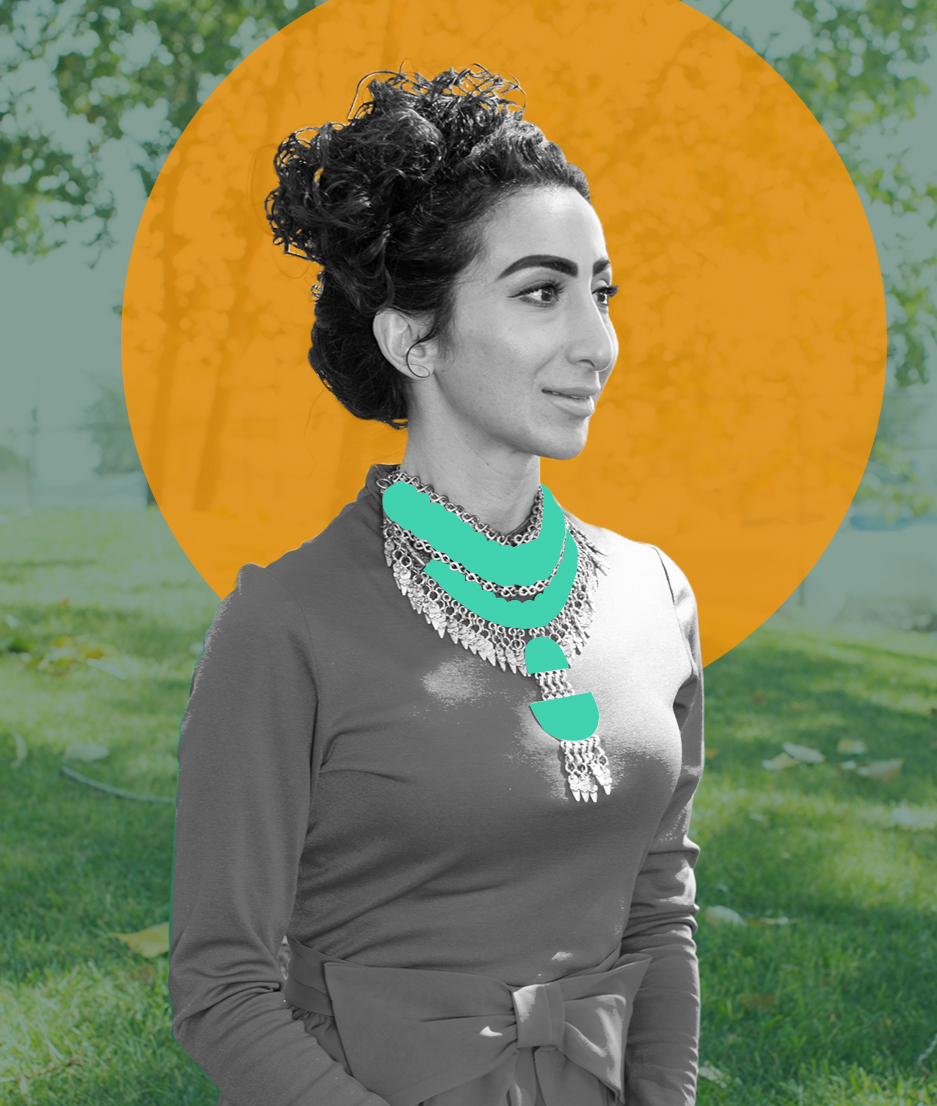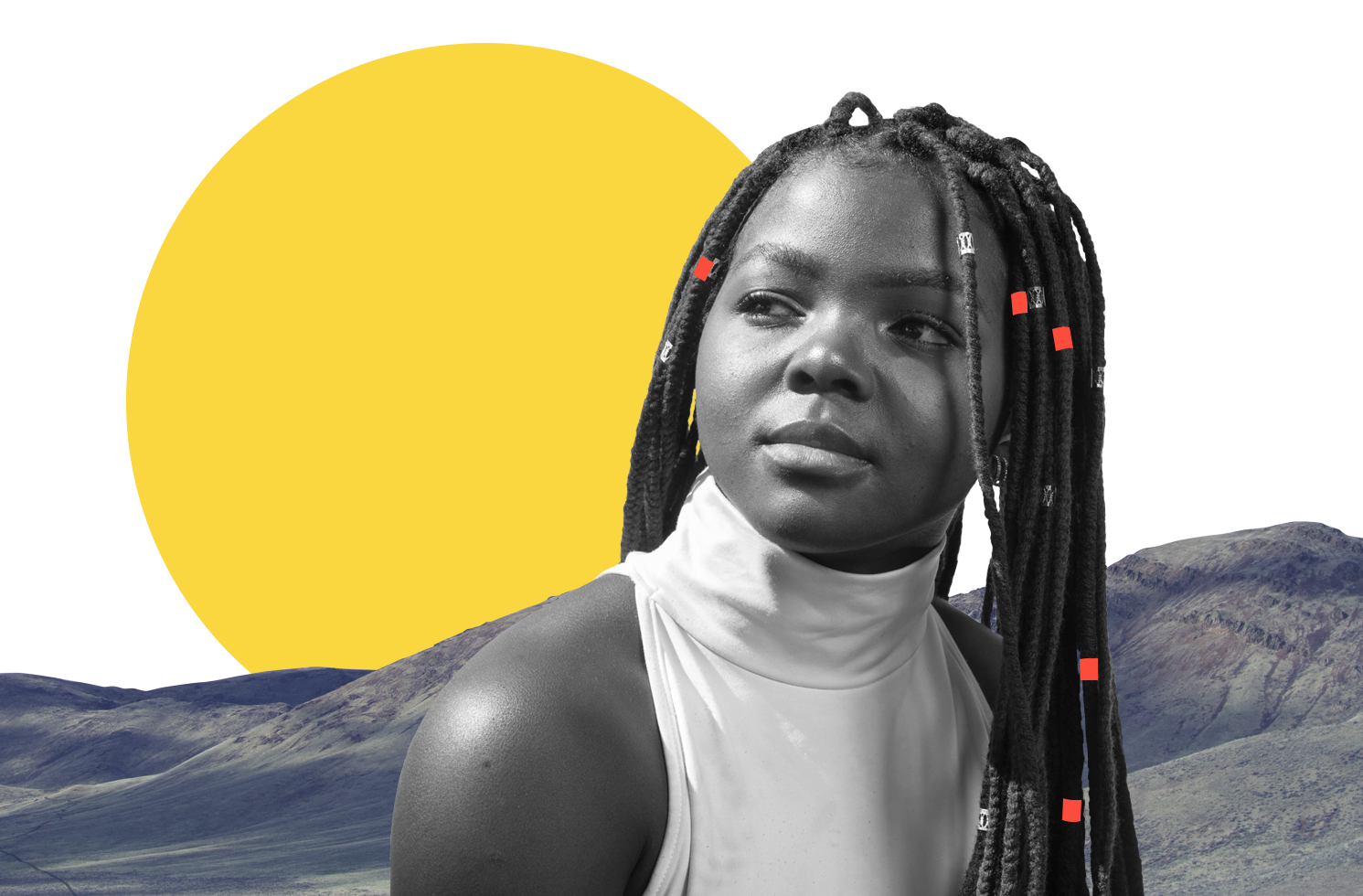All genders have different needs and face different circumstances, yet gender’s direct connection to power has major impacts on how refugees and asylees experience resettlement. Gender informs how power is conferred on men, women, and gender non-conforming (GNC) individuals in ‘private’ relationships, in the home, in the community, and elsewhere. A gendered lens is critical in program design and service delivery, and yet, often this is not utilized, with many support systems overlooking or misunderstanding the specific needs of women, girls, and GNC resettled refugees and asylees.
Gender
"I live here and work in this community, and I’ve noticed that parents focus more on the boys to go to school, to get educated. But I see so many girls just getting married at a young age like 17. Girls don’t know much about marriage at that age so they just feel like all we have to do is cook, clean, get married, produce and that’s it. And we don’t have any value in getting educated, being able to make our own money, so that’s what I feel is a disadvantage for us."
Women, girls, and GNC people are best placed to understand the specific gender roles they are faced with, and must drive the design, decision making, and implementation of programs that support their wellbeing.
“Women in general have a lot of pent up energy and husbands don’t like to see this energy, and don’t like us talking or expressing, and they just always want us to compress and compress and compress but we have this - all of us.”

Shifting Gender Dynamics
Fleeing a home country and resettling in the U.S. shifts, sometimes drastically, the gender roles within a household. For example, upon arrival to the US, women who previously stayed in the home now may seek employment; daughters who learn English faster than fathers result in parents new dependency on their children; men no longer being the “sole provider” when survival in the U.S. requires multiple incomes for a family; GNC people seeking out chosen family outside of a traditional family and community structure, and many others.
With these unexpected and rapidly changing roles, girls, women and GNC people experience backlash such as including increased violence in the home, inequitable restrictions on adolescent girls, and marrying off girls at early ages due to financial insecurity and poverty, and many others.
Yet, changing gender roles provide a myriad of opportunities that women and girls expressed deep desires to take advantage of and lead.
“It’s actually different where I’m from, which surprises me. In Sudan women are the head of a lot of things. [Here] it’s still a lot of misogynistic views on a lot of things which stems from a cultural past which is still toxic.”
"We want to see for women in the community that they can help themselves without help from others. The simple things, like for example -when we go to the doctor there are some things we don't want any other people to share - it is confidential. If we know English we can do all these things ourselves - we won’t need help from interpreters."

Programming for Gender
Donors and service providers must strive to apply an intersectional gendered lens with a comprehensive understanding of the cultural norms and expectations that structure family dynamics and relationships within refugee communities; and in turn, incorporate that understanding in the funding, design, and implementation of programs and services. This includes ensuring that resettled women, girls, and GNC people – who best understand their own needs – have stronger agency over the programming that directly affects them.
Recognizing that resettlement brings major shifts in gender dynamics, support to women, girls, and GNC people must go hand-in-hand with supporting their male counterparts in the recalibration of relationships, gender roles, and family dynamics. Programming that builds alliances with supportive male counterparts can help mitigate resistance stemming from perceived alienation and emasculation of men within the household support system.

“When I do sports my mom says - you’re not supposed to be doing that - women don't do sports - that is man stuff."
Opportunities
Public and non-profit programs and activities which target resettled folks are currently being designed for resettled women and girls, rather than designed and implemented with and by them.
Recognizing, acting on, and programming to the different needs and access points of refugee and asylee women, girls, and GNC people impacts if and how resources, programs, or services reach women, girls, and GNC people, to what effect, and where and how to create and increase their meaningful participation and leadership.
- For Funders: Does your funding structure allow for direct funding of women-specific programming for resettled refugees and asylees?
- For Service-Providers: How do your current services actively build bridges to resettled refugee communities, or is the expectation set for them to come and find you? Where in your process are resettled refugee girls, women, and GNC people driving program design and adaptations, and where is the space and place for their leadership created?
Photo & Quote Attributions
All names attributed to quotes have been changed to protect the safety of the speaker. The photographs that appear alongside quotes are not of the speaker.
About